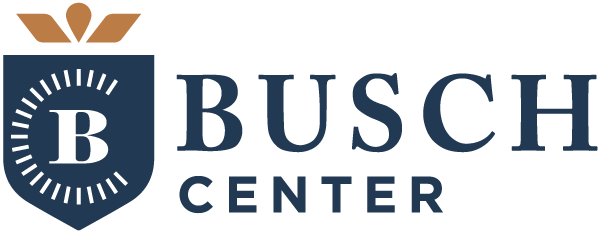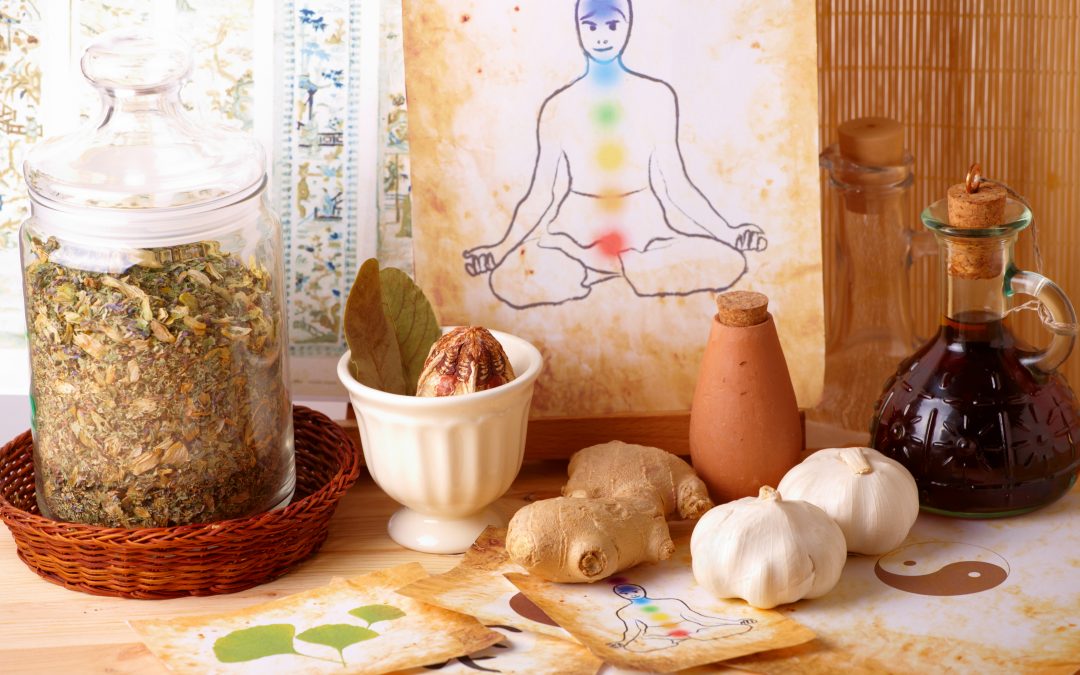Prostate cancer is one of the most common cancers in American men. It’s also highly treatable if caught early. For many men, the standard treatments for prostate cancer – radiation, chemotherapy, prostatectomy, hormone therapy, etc. – often come with unpleasant, life-altering side effects, including incontinence, impotence, fatigue, etc. Therefore, some men wonder if alternative treatments might offer health benefits without unwanted side effects.
Research and clinical trials are investigating whether natural, alternative remedies, such as herbs and diet changes, might help prevent prostate cancer’s progression.
Some alternative options being explored for prostate cancer patients include:
- Saw palmetto – This palm, which grows in the southern United States, produces berries that have historically been used as medicine, as Native American men used them to help with urinary problems. Saw palmetto has become more commonly used in Europe and the U.S. as a treatment for enlarged prostate, and it may help reduce frequent urination, improve urine flow and ease painful urination. Before taking saw palmetto (or any herb or supplement) check with your doctor, as they may interfere with other medicines, tests or treatments.
- Pygeum (African plum extract) – Pygeum is used for a variety of medical conditions, including prostate inflammation and urinary problems. Compounds in pygeum may lessen inflammation and reduce testosterone levels in the prostate. Although several small clinical trials suggest benefits for prostate cancer patients, larger trials are needed to confirm safety and effectiveness.
- Pomegranate Juice – A daily glass of pomegranate juice may help prevent prostate cancer recurrence, according to UCLA researchers. The UCLA study determined that pomegranate juice can slow – or perhaps even reverse – prostate cancer. In a three-year study, they found that drinking pomegranate juice daily helped keep the men’s PSA levels (a prostate cancer indicator) stable.
- Diet – Many professionals believe that healthy diets, rich in nutrient-dense fruits and vegetables, may reduce prostate cancer risk. Studies show that consumption of foods high in lycopene, such as tomatoes and mango, can reduce prostate cancer risk by as much as 25%. Although cancer can be influenced by hereditary and environmental factors, research shows that men who eat low fat, high vegetable diets have the lowest rates of prostate cancer.
- Meditation, yoga, and massage – Wellness and mindfulness can improve mental and physical health, so some prostate cancer patients try meditation, yoga, massage, reiki, acupuncture, etc. For instance, yoga has been found to reduce fatigue, strengthen pelvic floor muscles, and increase blood flow, which may help improve erectile dysfunction and urinary incontinence caused by conventional cancer treatments.
Please note: some alternative therapies aren’t research-based and haven’t been proven to be effective or safe in treating cancer. Refusing (or delaying) conventional medical therapies may have serious health consequences for prostate cancer patients.
While some alternative approaches – such as drinking pomegranate juice, eating a healthy diet and getting massages – certainly won’t hurt (and may help), discuss any alternative therapies with your medical team to ensure there are no conflicts with, or risks to, your prostate cancer treatment.

